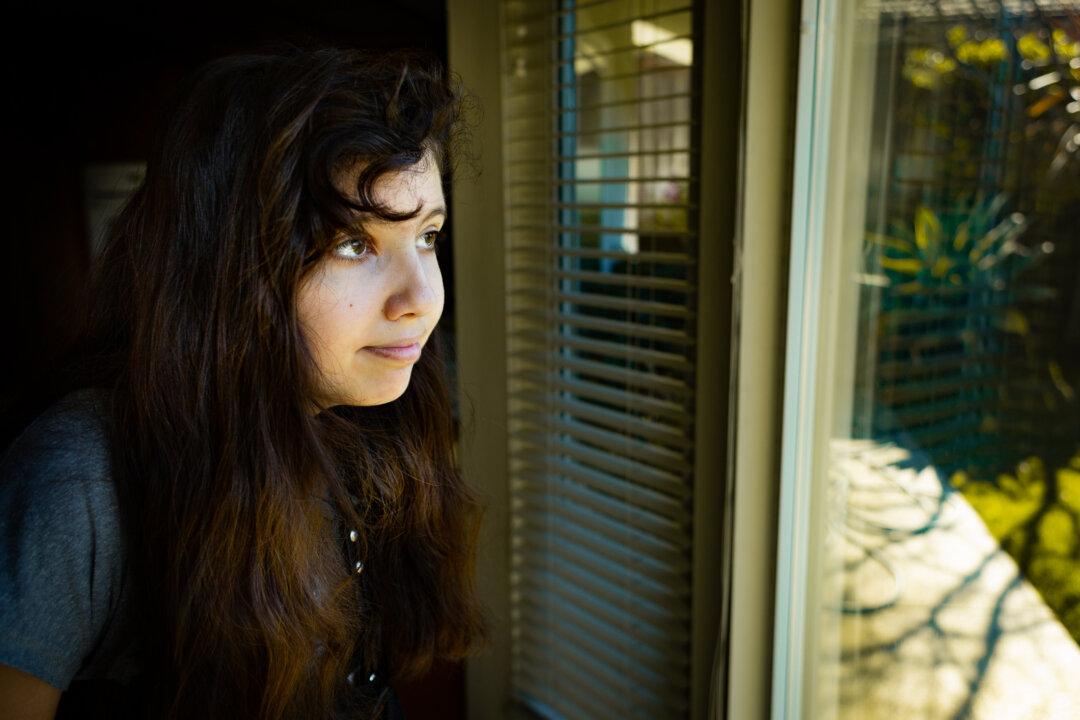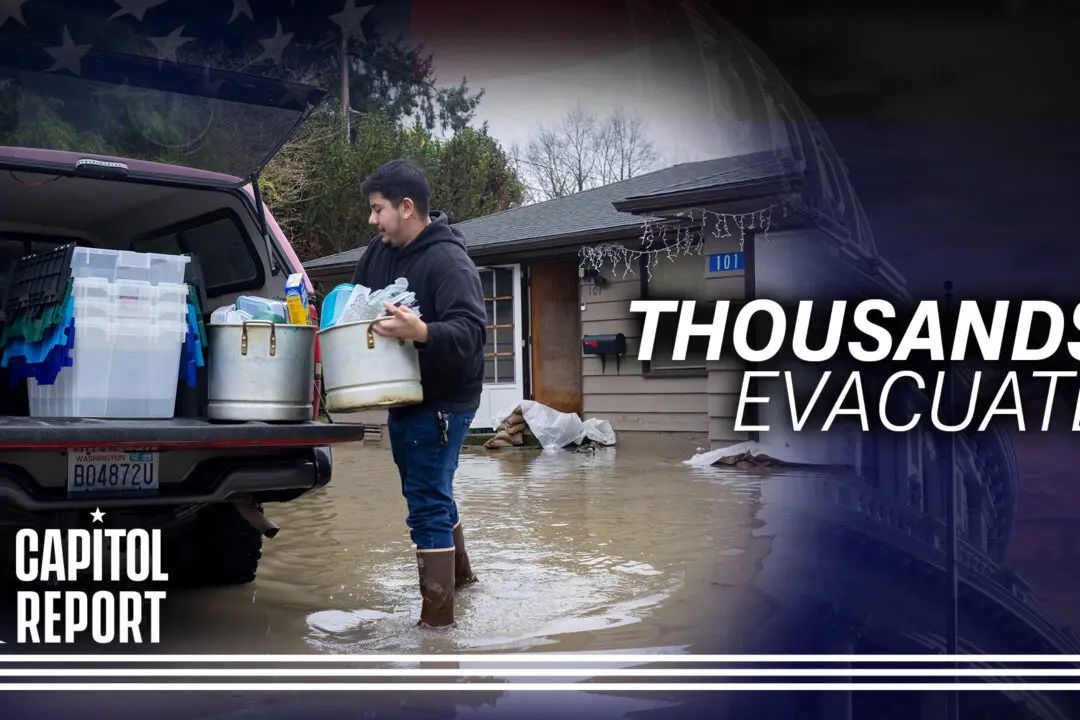On Christmas night, a 14-year-old girl walked away from her family’s Orange County home and headed toward a bridge.
When she arrived, she leaped from the 50-foot structure, shattering two back bones in an attempted suicide brought on by some inner demons she’s been fighting since the start of the pandemic.






